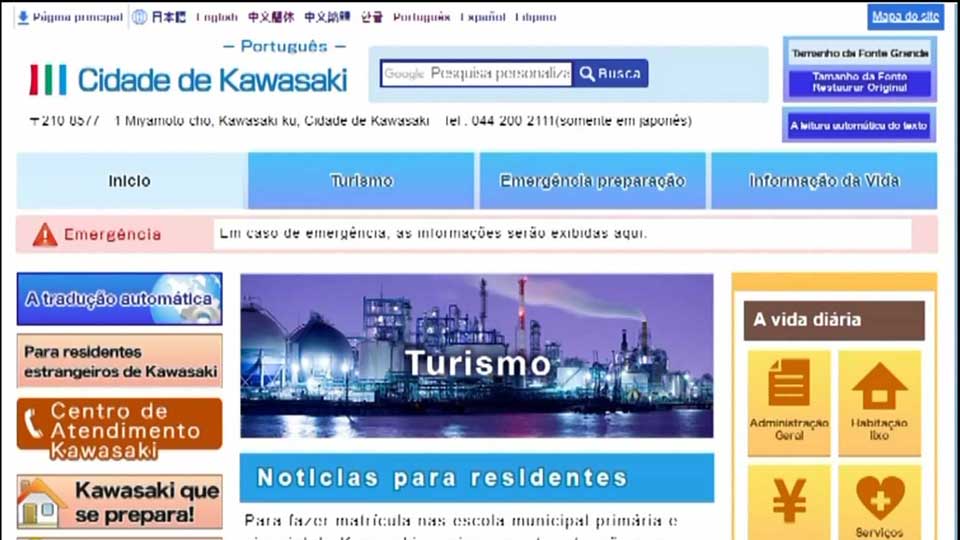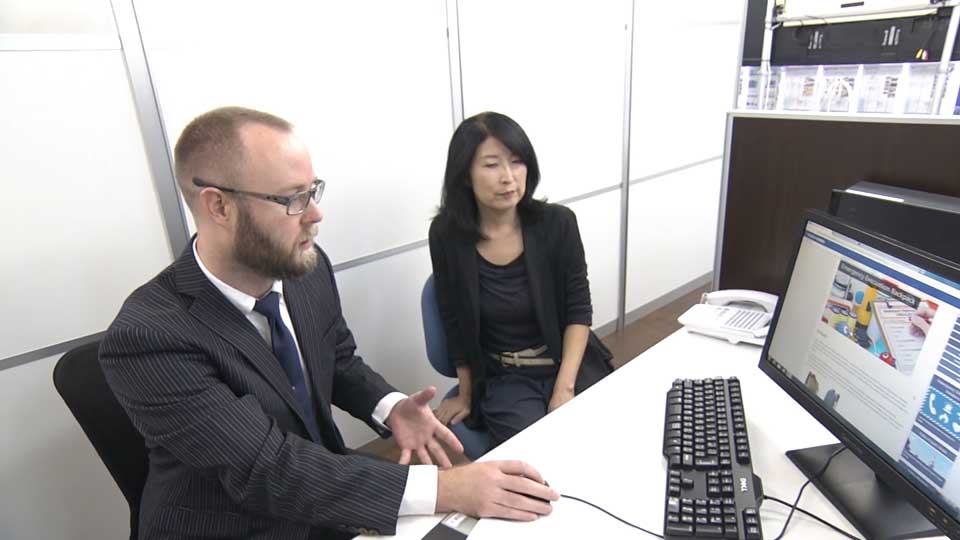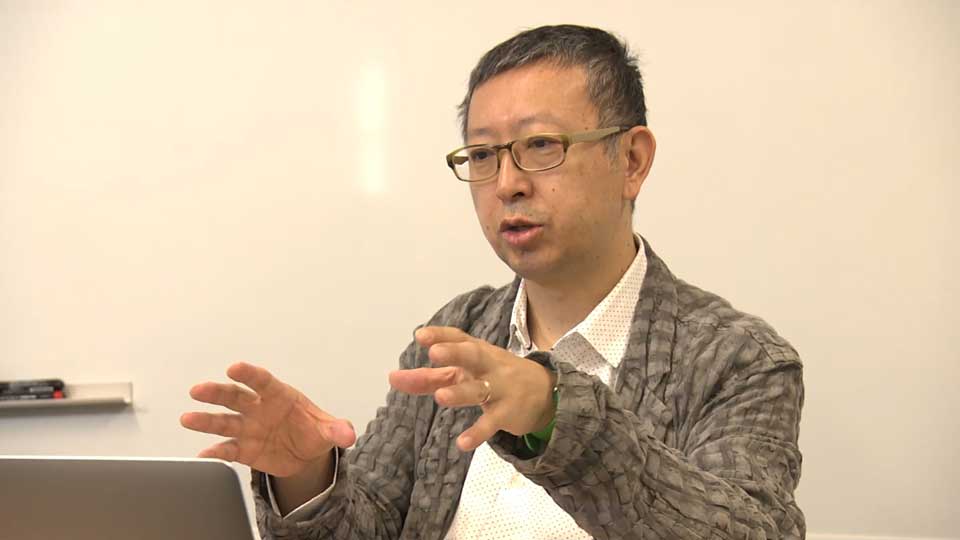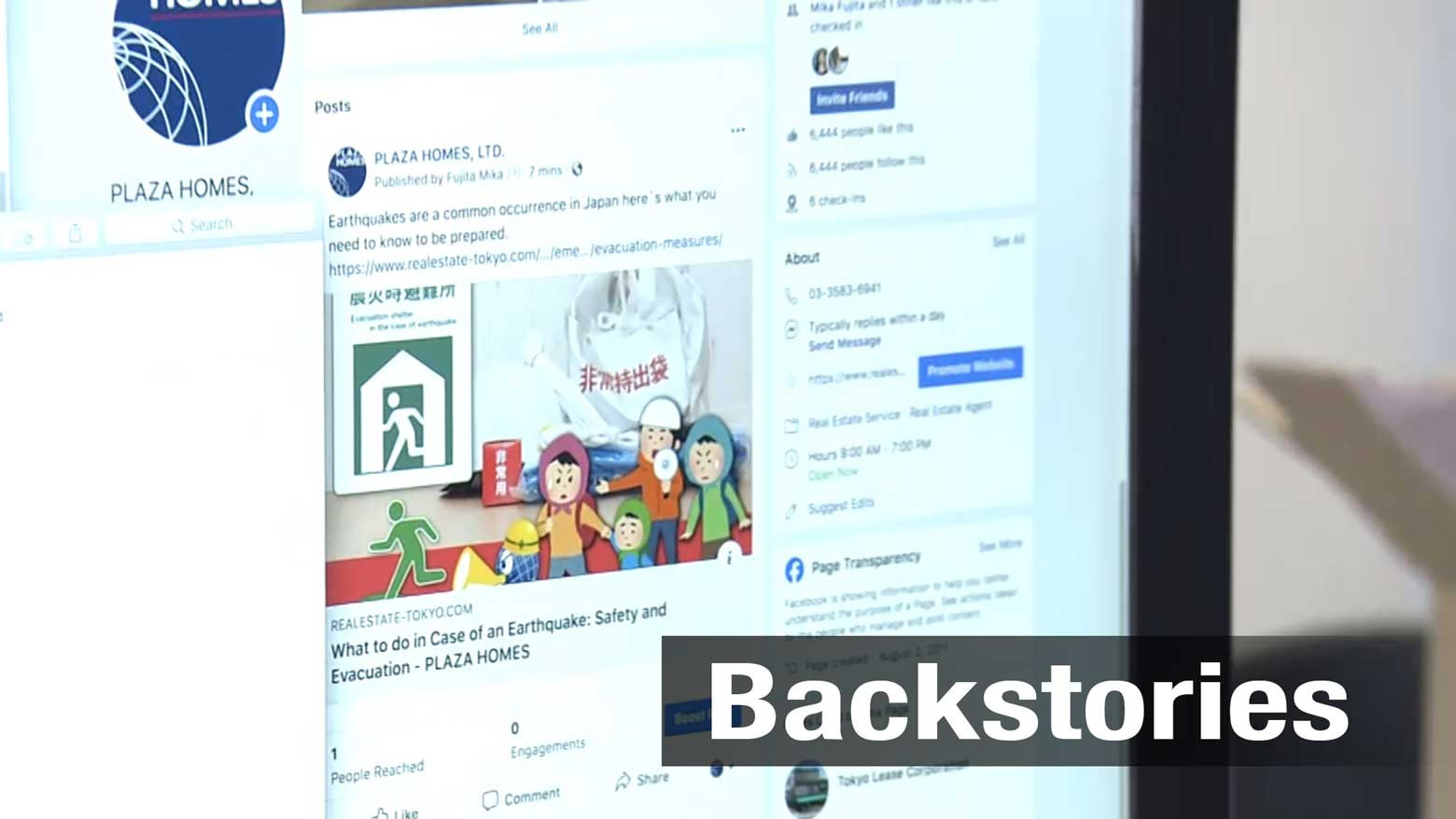When faced with a large-scale natural disaster, gathering and disseminating information is key to saving people's live including foreigners living in Japan. This message was again made clear when Typhoon Hagibis hit Japan.
Foreign residents driven into an urgent situation.
The city of Kawasaki, near Tokyo, is home to more than 40,000 foreign residents. City officials have put a lot of effort into ensuring that their international population stays well informed in times of disaster.

The city's website has emergency information in seven languages, plus simplified Japanese, telling people about evacuation shelters or supply centers.
It also has an information hotline but that line received only a handful of calls as people prepared for Typhoon Hagibis.
Just north of Kawasaki, where the Tama River passes through Tokyo, residents received emergency alerts telling them to evacuate.
A Dutch man who's been living in Japan for six months says he couldn't understand the messages, and when he decided to evacuate, he couldn't find any information in English about where to go.
"If you know no Japanese, it's very difficult, I think. I felt difficulties because at first I had absolutely no idea what I had to do."

An American woman living in the same area says "I sadly can't read or speak Japanese really. And Google translate isn't doing very well."
She said she didn't know the local government was offering information in English. But her friend helped her by translating disaster information, and told her she needed to evacuate.
Ahead of the curve
One real estate company in Tokyo led the way in keeping its foreign customers informed. Plaza Homes staff collected information from local governments in the days leading up to the typhoon, and sent out translated content.
The idea came from staff member Bryan DeMont, who was in Japan in 2011 when the massive earthquake struck, and he remembers feeling lost because of the lack of information.
Since then he's worked to deliver easy-to-use disaster information to foreigners via social media or emails.

He says, "For a lot of expats who come from countries where maybe an earthquake is stronger than the ones here, or typhoons are worse, or not as bad, they don't really know the degree to which this is an emergency situation."
DeMont explained how Japan's emergency alert system works, how the alerts are issued and what emergency shelter signs look like.
How to convey disaster information

Angelo Ishi is a professor of media and social science at Musashi University. He says it's important to collate, translate and send out essential information to foreigners, not rely on them searching for it.
"We need to confirm what information the various communities need, and ensure that it actually gets to them."
With more foreigners visiting and living in Japan, the question of how to get life-saving information to them quickly in times of disaster is getting ever more important



